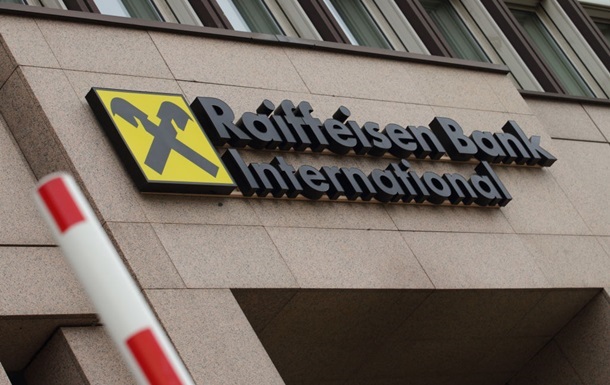Raiffeisen is stuck in Russia again: Moscow blocks bank’s exit despite Western pressure
1 October 20:46
The Austrian banking group Raiffeisen Bank International (RBI ) has once again failed to sell a stake in its Russian business. According to Reuters, the Russian authorities opposed the deal because they fear that the participation of a local buyer could lead to sanctions against the bank, "Komersant Ukrainian" reports.
RBI, which remains the largest foreign bank in Russia, has been trying to reduce its presence in the market since the beginning of the full-scale war. At the same time, the bank is balancing between the EU and US demands to wind down its operations and pressure from Moscow, which wants to keep it as a “financial bridge” to the West.
Why Moscow keeps the bank
Raiffeisen is not under Western sanctions and performs critical functions: it is used to make trade payments, in particular for Russian gas exports to Europe.
According to analysts, the Kremlin does not want to lose this channel, as it remains important for transactions for gas supplies through the TurkStream pipeline, the only route through which Russia still supplies gas to the EU. In just eight months of 2025, more than 11 billion cubic meters of gas worth about $3.8 billion were delivered through TurkStream.
Blocked billions
RBI’s profits, estimated at about €7 billion, are “stuck” in Russia. The bank hoped that the sale of its subsidiary would allow it to negotiate with Moscow to withdraw these funds.
However, the Kremlin is effectively blocking the deal: in previous years, CEO Johann Strobl tried several times to advance the negotiations, including during a personal visit to Moscow, but to no avail.
Legal and financial risks
The situation became more complicated after the Russian Central Bank forcibly wrote off €1.87 billion from Raiffeisen’s account in favor of Rasperia, a company associated with oligarch Oleg Deripaska. This was the result of a Russian court ruling in a case on compensation for damages after a failed deal with the Austrian concern Strabag.
In fact, RBI risks losing a significant portion of its profits without receiving guarantees of capital repayment even in the event of a formal withdrawal from Russia.
What’s next
In a comment to Reuters, the bank’s representatives said that they are reducing operations in Russia, but the timing of the final exit has not been determined. Any deal would require the approval of the Russian authorities, who are apparently not ready to lose this channel of financial ties with the West.
As a reminder, Raiffeisen remains under pressure from the EU and the US to wind down its business in Russia after Russia’s invasion of Ukraine.
According to the ECB, more than 40% of all payments between Russia and Europe go through RBI.
In 2023-2024, the Austrian government and the Austrian National Bank were repeatedly criticized by allies for their “too soft” stance on the RBI.
russia is actively blocking the exit of large international companies: transactions require government permission and personal approval from Vladimir Putin.









